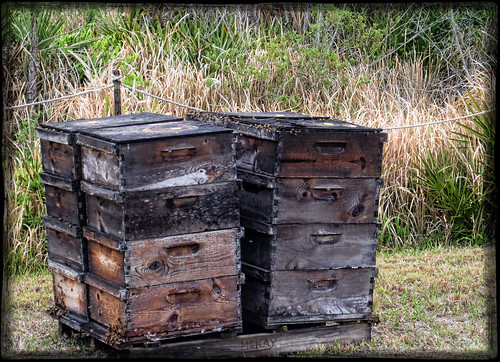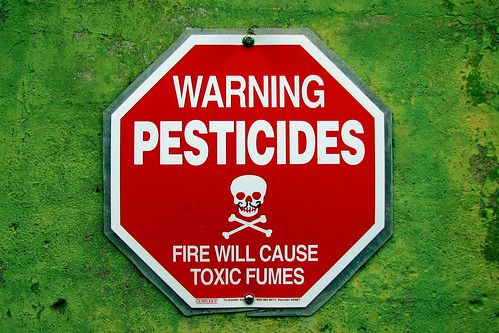TheGardenLady received this question about a Peace Lily from Janet.
I just moved my Peace Lilly to a room with better light to discover why my leaves were turning brown on the tips then turning black. What I discovered were little white worm-looking bugs crawling in the soil. I have not found any help on the Internet and am praying for any help you can give me. Please any help will be greatly appreciated.
Not seeing the white worms in your Peace Lily plant soil it is impossible to be 100% sure of the pest you are describing. That being said, hopefully we can still save your plant if it is not too sick. I hope that I can answer your prayers, but sometimes plants cannot be ressurected.
Peace lilies are strong hardy plants, but like every living thing, it does have pests that attack it. Here is a professional website that talks about diseases and pests that harm Peace Lilies.
Sometimes people buy plants that are infested with some pest but do not see it when they bring the plant home and the pest multiplies. Sometimes a healthy plant gets insects or diseases or pests from a nearby plant.
Whatever happened to your plant we will try to help it.



